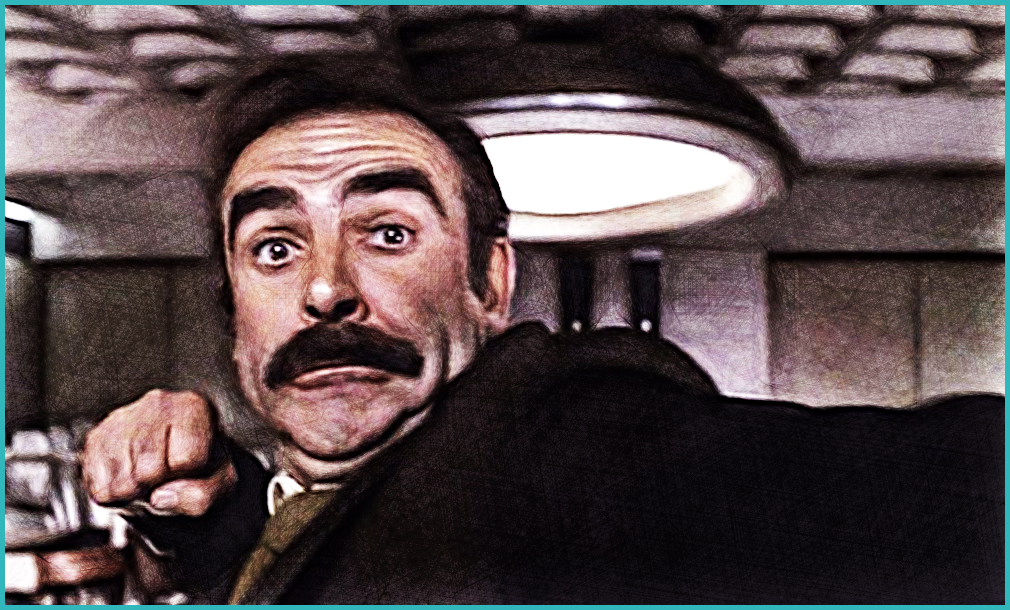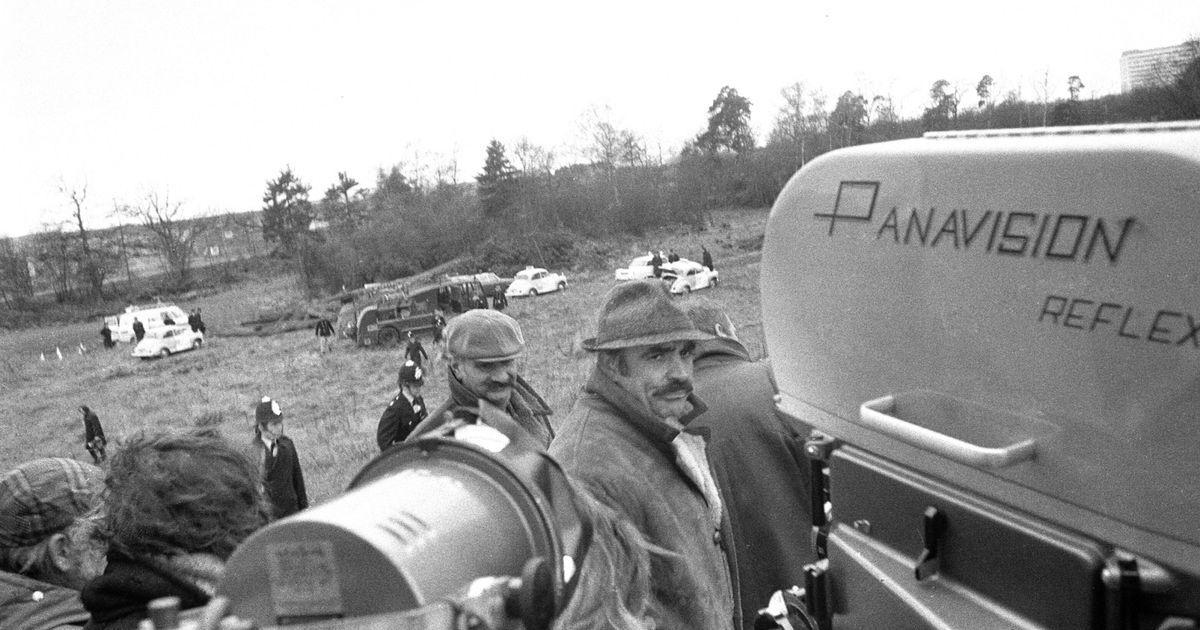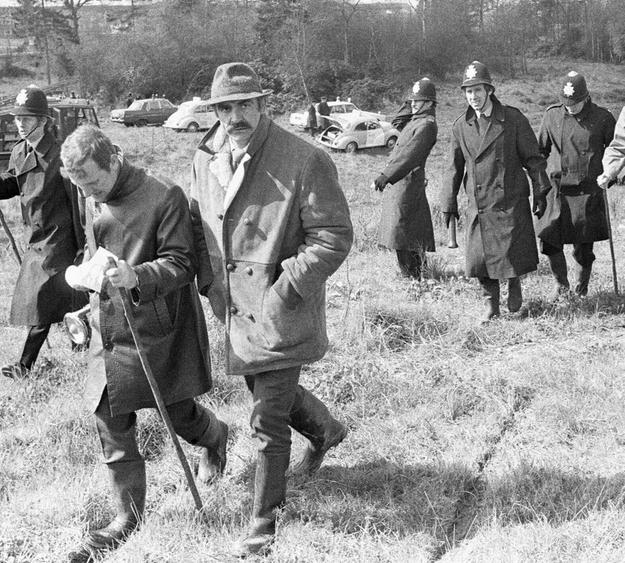
When George Lazenby walked out on Bond after one outing, United Artists' chief David Picker was determined to entice Sean Connery back. Money was to be no object.
Connery's boredom with Bond fandom had become apparent when he sleepwalked through 1967's You Only Live Twice. A break in films seemed to do him good.
Connery was in much better spirits for Diamonds Are Forever. He embraced a breezier portrayal of 007 that paved the way for Roger Moore and the more comedic '70s Bond films.
Connery demanded the fee of £1.25 million to return in Diamonds. He used his paycheck to establish the Scottish International Education Trust. The charity enables Scottish artists to apply for funding without leaving their country to pursue their careers.
Picker pledged to back two of Connery's film projects as part of the deal, provided they cost $2 million or less. Picker teamed with the Scottish actor's production company, Tantallon Films. The Offence was the first, made under the working title Something Like the Truth (a line that appeared in John Hopkins' original play).
Connery had previously worked with Hopkins when the writer had co-scripted Thunderball. He'd seen the play during its original run in London's Royal Court Theatre in 1968. Seeing potential in the story, Connery bought the option on the film rights. He asked Hopkins to adapt the script for a film.
Having made two films with Sidney Lumet, The Hill and The Anderson Tapes, Connery appreciated his stark approach. He offered him the director's chair.
The film was shot on a small budget of £385,000 in March and April 1972 in and around Bracknell, Berkshire. The interior sets were built at Twickenham Studios.

Connery was keen to shake off the smooth image of Bond and expand his range as an actor. And what a way to do it. Here, Connery is a far cry from the blasé and carefree attitude of the British agent.
He plays the Scottish Detective-Sergeant Johnson. He's a police officer of 20 years who's been deeply affected by murders, rapes and other violent crimes. Images of violence plague him, and he appears to be losing his mind under the strain.
In an outstanding scene, Johnson resorts to violence and heavy drinking when he returns home to his wife, Maureen. Stage actress Vivien Merchant played her suberbly. Johnson is harsh on his wife, and Connery gets some cruel but entertaining lines.
We see Connery like never before. He's heavier set, without his toupee, and sports a thick moustache. He still looks fantastic. Johnson dons a heavy coat and wellies as he investigates molested girls as they make their way to and from school.
While interrogating Kenneth Baxter, the detective opts for a brown suit and Windsor-knotted knitted tie. Black slip-on boots complete the outfit. The maniacal loner, suspected of raping the young girls, is played brilliantly by Ian Bannen.
The viewer becomes confused and uneasy by how he looks and touches when Johnson discovers a girl lying in the woods. The film keeps the story's theatre qualities by being tightly shot but transfers brilliantly to the big screen.

It's a dark, grim, and harrowing watch. It's neo-noir, police drama and British cinema at its best. Connery displays his remarkable screen presence. The typical, early Spring British weather adds to the film's feel.
The fight sequences between Connery and Bannen were choreographed, uncredited, by Bob Simmons. He'd designed similar action scenes for Connery's six Bond films and acted as his stunt double. The film remains Sir Harrison Birtwistle's only film score.
United Artists released The Offence early in 1973. It was a critical success but a commercial failure and didn't make a profit for nine years.
It went unreleased in several markets, including France, where it did not premiere until 2007.
United Artists pulled out of Connery's, a film version of Macbeth that Connery was to direct before Roman Polanski beat him to it.
Copyright © 2021 J W Emery Ltd. All rights reserved.
